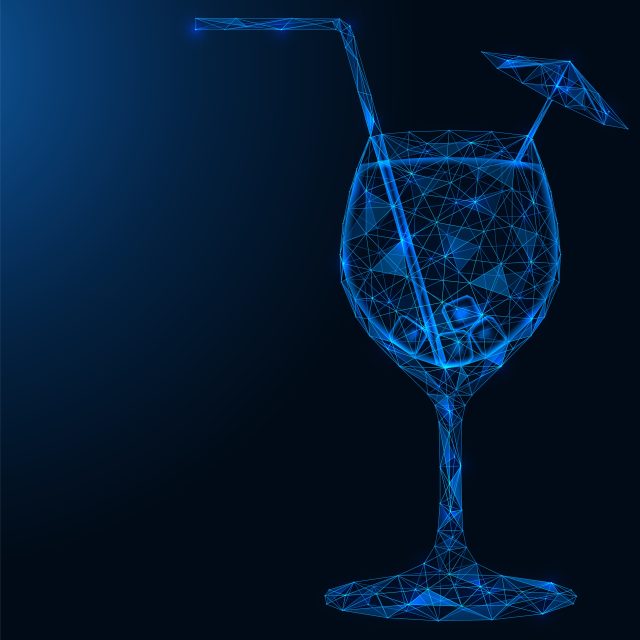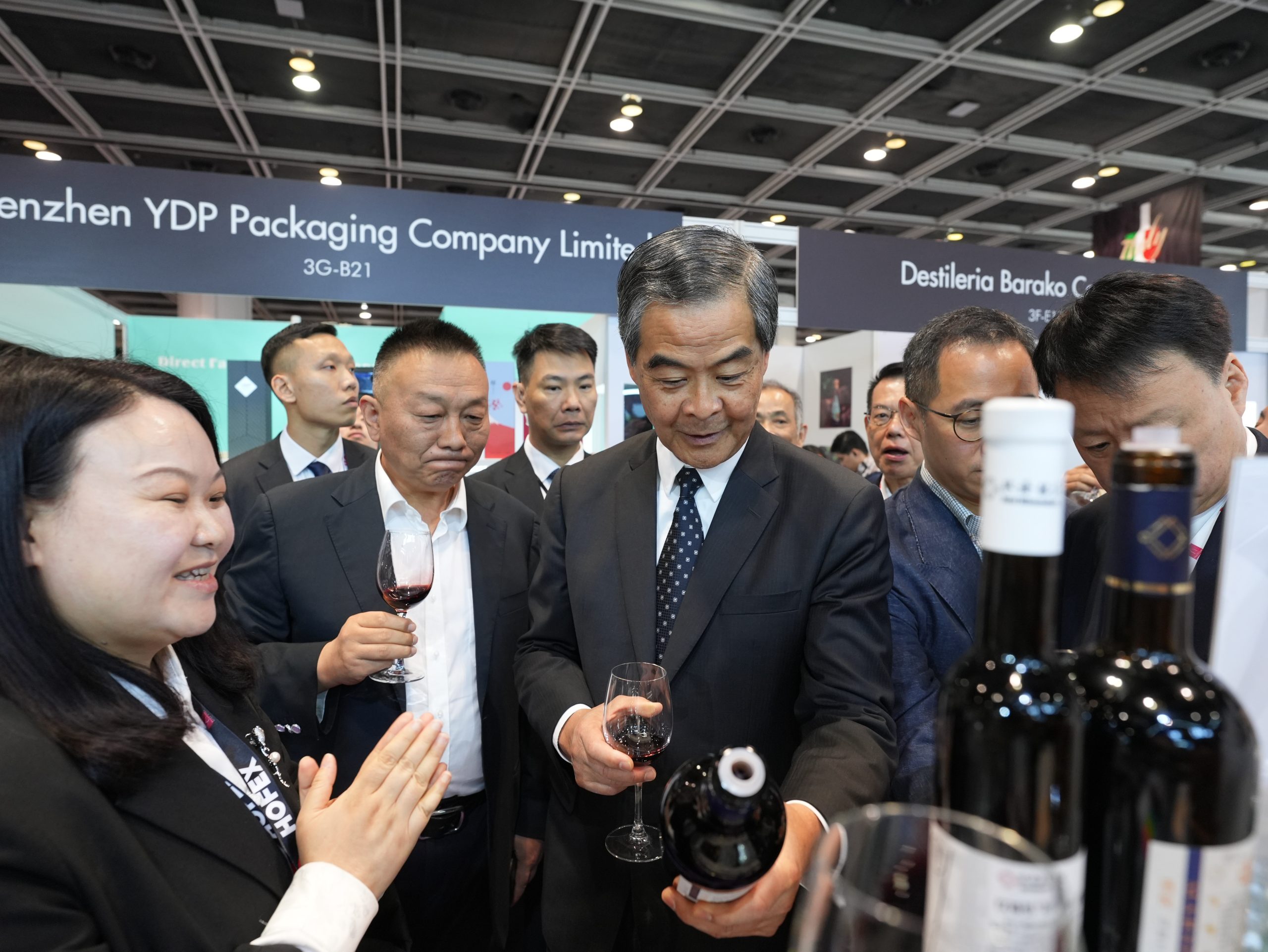What makes a great cocktail?
At this week’s db AI Conference, two of London’s leading mixology experts offered their insight into why there’s more to making a top cocktail than what’s in the glass.

In one of the panels, chaired by the drinks business‘ editor-in-chief Patrick Schmitt MW, Will Meredith, a cocktail bar veteran and director of Daisy Age Drinks Ltd., and Lucy Thomas, head waiter at acclaimed bar Lyaness, on the Thames, there was an extensive discussion about what really matters when making a cocktail.
Meredith opened by suggesting that mixology is not simply a case of mixing things together: “Most people that understand flavour know how to put A, B and together to make a balance drink…though ‘balance’ is a relative concept.”
Indeed, Meredith suggested that the secret was to talk about cocktails “without talking about ingredients”, instead communicating the “emotional” aspect of what they might order – after all, as both panellists suggested, a lot of people don’t actually know what they like when it comes to drinks.
“The most delicious drinks I’ve had are those when I’ve felt listened to,” suggested Thomas, arguing for a “holistic” rather than “transactional” bar experience.
For both Thomas and Meredith, “gratuitously delicious” drinks can only go so far in creating a great cocktail experience – other factors are at play in, to use a word deployed by both, “uplifting” visitors to the bar.
“When you go to a nice, fancy, posh bar, it’s an intimidating experience,” said Meredith. “Our job is to break it down.”
“People often don’t know what they like,” argued Thomas – indeed, previous Lyaness cocktails served have included everything from oysters to pig’s blood, suggesting that it really does depend how you pitch it.
Indeed, Meredith cited the adage: “Service is giving someone what they want, hospitality is giving someone something they didn’t know they wanted.”
Asked about the signs that a customer, or “guest” as Meredith and Thomas like to call them, was not enjoying their drink, it was revealed that slow drinking was one big giveaway.
Partner Content
But both panellists agreed that it is the personal touches that will encourage guests to trade up and, in Thomas’ words, “turn that quick one round into three”.
According to Thomas and Meredith, a measure of this and a twist of that is not the secret to a great cocktail, or at least to having a great time at a cocktail bar. As Thomas succinctly put it: “You can have a good experience there with a Coca Cola.”
Artificial enhancement
Given the theme of the conference was Artificial Intelligence and the drinks industry, a question was raised about AI’s role in mixology.
Thomas revealed that Lyaness was looking into applications for it beyond developing cocktail recipes and writing menus “as that would take our jobs away”. She shared that the approach at the bar is very “democratic”, with input from the “whole team” shaping the drinks list.
Instead, what Lyaness has done is utilise the technology in lieu of graphic designers, asking AI to generate imagery for its collateral marketing materials based on the input of key ingredients. It was even suggested that AI could be more creative than a human artist when creating these images.
Trendsetters
Schmitt posed the question about the role trends play in determining cocktail culture, and Meredith suggested “macrocultural events” are still the main driving force – think of last summer’s Barbenheimer phenomenon, when the films Oppenheimer and Barbie were released on the same day, sparking a wave of Martinis inspired by the former and pink drinks by the latter.
However, Meredith warned against going after gimmicks and “low-hanging fruit”, instead suggesting that a cocktail that taps into these trends should “build the story out on a wider scale”, and that’s where a well-worded pitch to the guest comes into its own.
Related reading:
Could sommeliers and AI be the perfect pairing?
Related news
Roux Scholarship 2025 winner revealed




